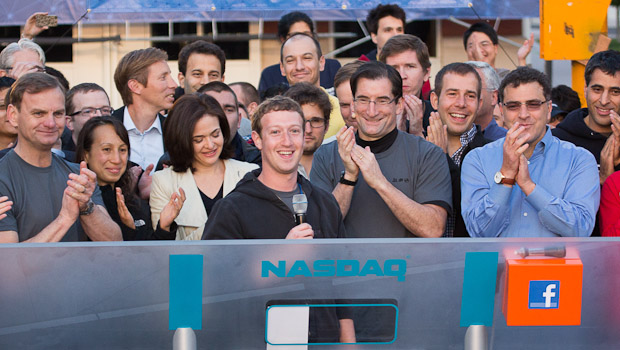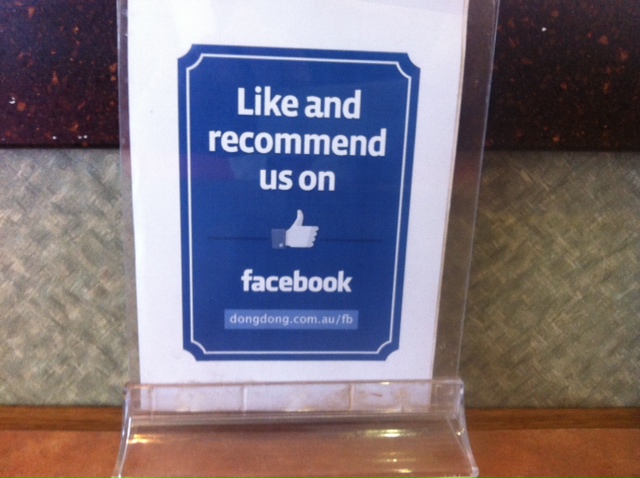“We seek news on Twitter but bump into it on Facebook” points out the Reuters’ 2015 Digital News Report in its analysis of global media consumption.
The broad trends from surveying over 20,000 online news consumers in the US, UK, Ireland, Germany, France, Italy, Spain, Denmark, Finland, Brazil, Japan and Australia are clear – social media is becoming the main way people are finding their news while television is slowly declining.
Probably most concerning for the television networks how younger viewers have turned away from TV with only a quarter of those aged between 18 and 25 tuning in as opposed to two thirds of those aged over 65.
Given the aging of television network audiences it’s not surprising that last week Australia’s Network Ten, part owned by Lachlan Murdoch, found a lifeline from the country’s main cable network as the broadcaster is finding revenues declining.
The question is how long advertisers are going to stick with television as audiences increasingly move online creating a revenue gap estimated by analyst Mary Meeker to be worth around thirty billion dollars a year.
For the moment, the great hope for the online world is Facebook with Reuters finding the service is dominating users’ time. In that light it’s not surprising the company has such a huge market valuation.
The competing social media services are still facing challenges, particularly with Twitter showing a far lower level of penetration with the general public, leading Harvard professor Bill George to speculate the company risked becoming the new BlackBerry.
While the online services struggle for supremacy and television slowly declines, the real pain continues to felt by the newspapers who continue to find their relevance erode and few of their readers prepared to pay for their content.
The Reuters report confirms the trends we already know while giving insights into the unique peculiarities of each market.







